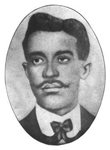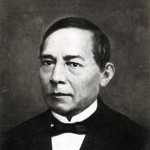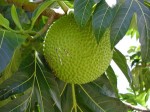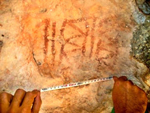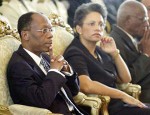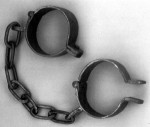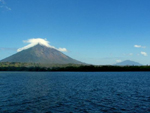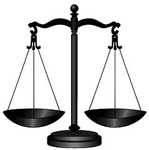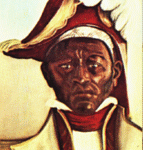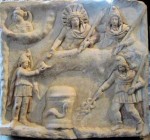Charlemagne Peralte: Haitian Hero, ‘Supreme Bandit’ of First US Occupation – Part II
By Dady Chery, Haiti Chery. Charlemagne Peralte organized the Cacos after escaping his enslavement by the U.S. occupation. The revolutionary Cacos soon grew to thousands of guerillas, including many Dominicans won over by Peralte to the anti-imperialist cause, and a provisional Caco government was declared in northern Haiti.
Continue reading →

